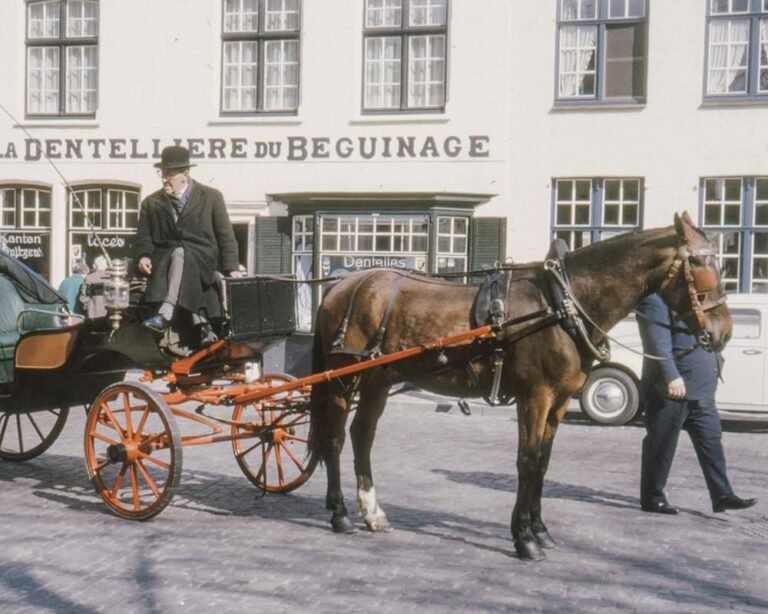Grammar: Passé Composé negative
When you want to say that something DIDN’T happen in the past, you will need to make a negative statement in the Passé Composé. This is easy to do.
You wrap the “ne…pas” (or other negative term) around the “avoir” or “être” part of the Passé Composé.
Verbs conjugated with AVOIR (most verbs)
| French | English |
| je n’ai pas parlé | I have not spoken |
| tu n’as pas parlé | you have not spoken |
| il n’a pas parlé | he has not spoken |
| nous n’avons pas parlé | we have not spoken |
| vous n’avez pas parlé | you have not spoken |
| ils n’ont pas parlé | they have not spoken |
Verbs conjugated with ÊTRE (see this post)
| French | English |
| je ne suis pas allé | I have not gone |
| tu n’es pas allé | you have not gone |
| il n’est pas allé | he has not gone |
| nous ne sommes pas allés | we have not gone |
| vous n’êtes pas allés | you have not gone |
| ils ne sont pas allés | they have not gone |
Note
Remember to add an “e” to the past participle (“allé” in this example) if the subject is feminine. This changes the spelling, but only changes the sound in “mourir” (to die), eg “elle est morte” (she died). It will also affect past participles in reflexive verbs such as “mettre” in the Passé Composé, but stay tuned for more about that topic in a future post.






